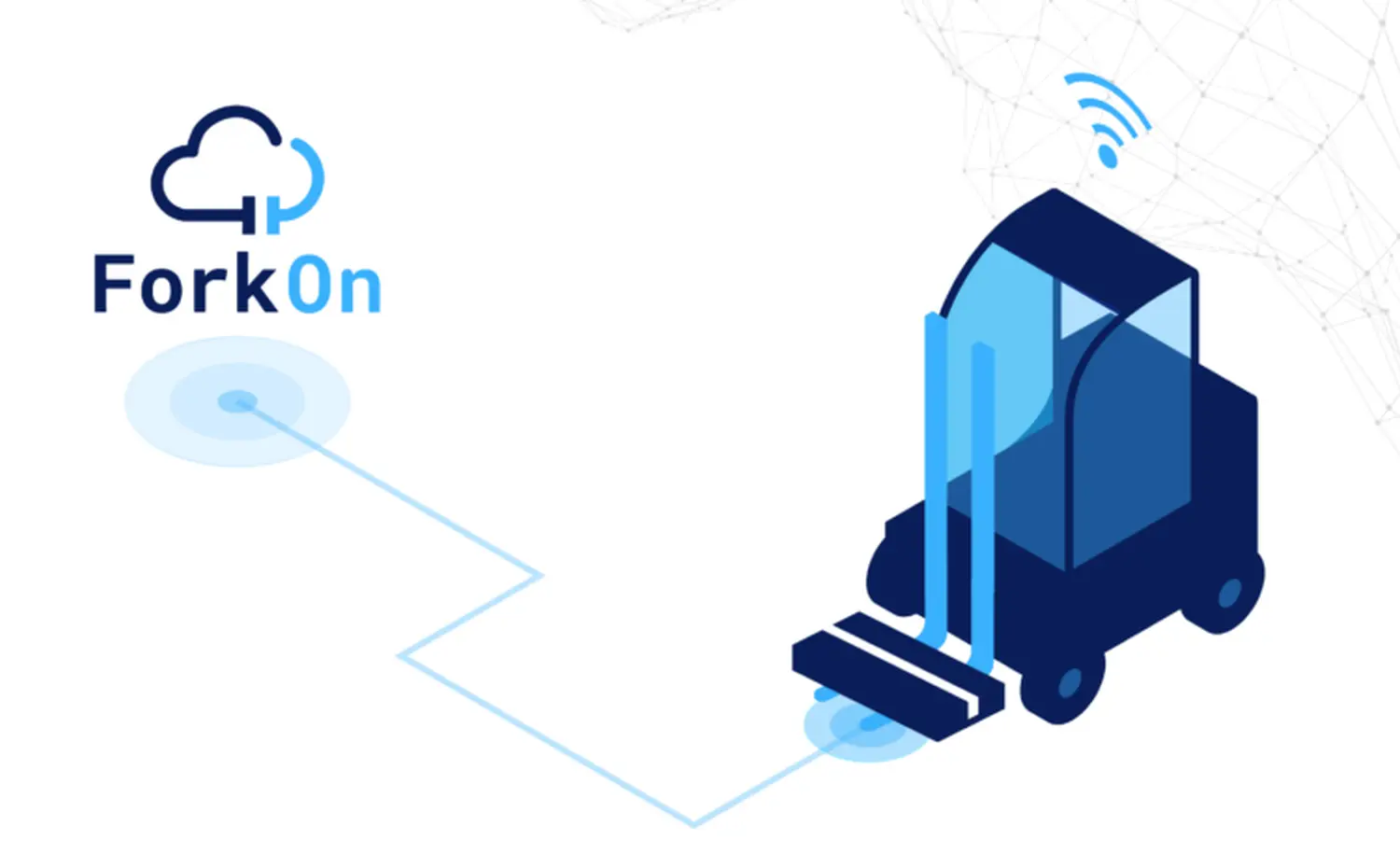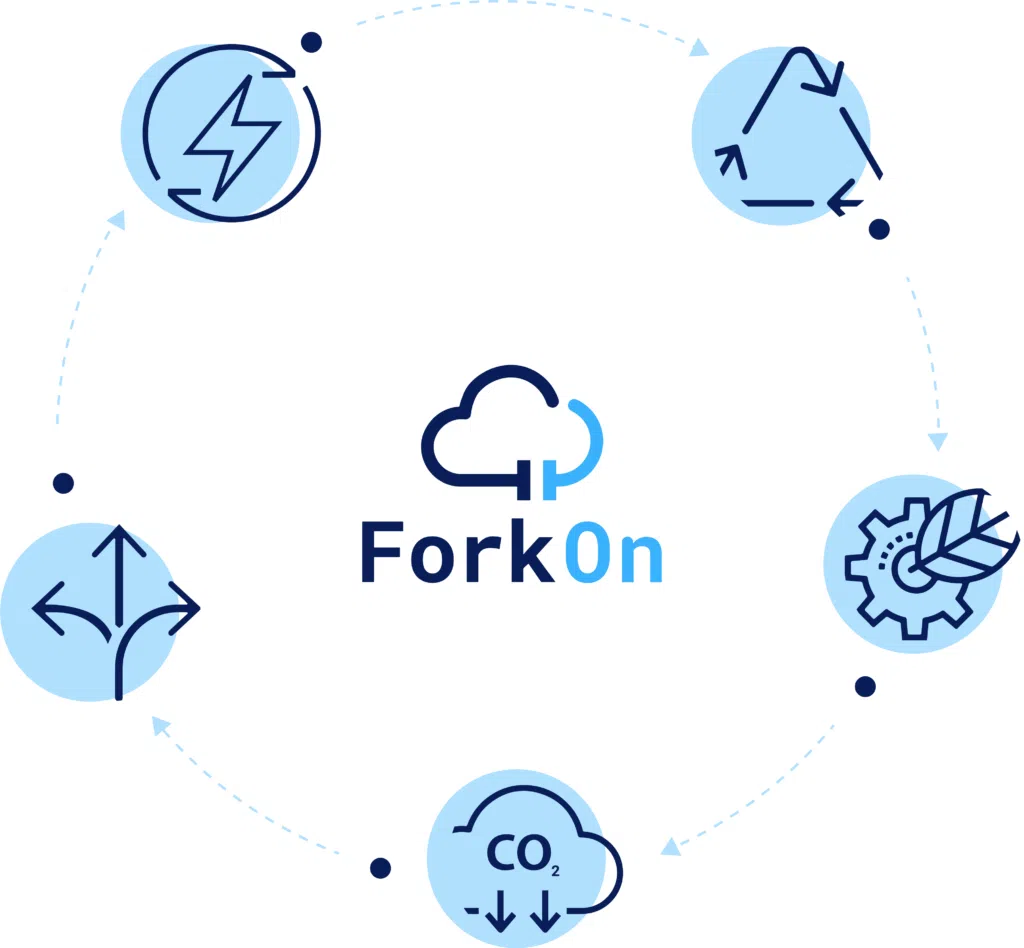

Intralogistics and forklift fleet management are important topics in the warehouse and production industries. A lot has happened in these areas in recent years.
Below we present the latest developments:
Automation and digitalization: More and more companies are relying on automated processes and digital solutions to make their intralogistics more efficient and safer. These include, for example, automated forklifts that can navigate independently in warehouses with the help of sensors and cameras. The use of RFID technology to identify goods and the introduction of WMS (Warehouse Management Systems) to control warehouse processes are also becoming increasingly common.
Electromobility: Another development is the use of electric forklifts. These have several advantages over diesel or gasoline forklifts: They are quieter, emission-free, and more energy efficient. Maintenance costs are also generally lower.
Networking and data analysis: By networking forklifts and other warehouse equipment, companies can collect and evaluate valuable data. This allows, for example, the utilization of shelves or the performance of forklifts to be precisely monitored and optimized. The use of predictive maintenance systems, which can anticipate potential forklift breakdowns, is also becoming increasingly important.
Safety: Safety is always a top priority in intralogistics. New technologies such as augmented reality systems, which provide drivers with additional information in real time, can help prevent accidents. The use of collision warning devices and rear-view cameras is also becoming more common.
Sustainability: Companies are increasingly committed to reducing their CO2 emissions and conserving resources as part of the so-called ESG approach. ESG stands for Environmental, Social, and Governance and encompasses a broad range of criteria used to assess a company's sustainability performance.
In the context of CO2 reduction, companies could, for example, improve their energy efficiency, use renewable energies, or convert their supply chains to sustainable practices. This can help reduce energy consumption and thus greenhouse gas emissions.
Flexibility and adaptability : By using modular systems and the possibility of remote control , companies can quickly and easily adapt their intralogistics processes to changing requirements.
In conclusion, the control of intralogistics and fleet management of forklift trucks is becoming an increasingly complex and demanding task.
ForkOn can help companies in the intralogistics industry digitize and optimize their forklift fleets. By using our modular and intelligent solution, companies can automate and digitize their processes, leading to greater efficiency and safety.

Some of the key topics in the intralogistics industry that ForkOn can help with are:
1. Automation and digitalization: ForkOn offers a cloud-based platform that allows companies to manage all of their forklifts' technical and financial data in a single, easy-to-use application. This significantly simplifies the management and optimization of forklift fleets.
2. Real-time utilization analysis and maintenance management: ForkOn offers real-time utilization analysis and maintenance management features that enable companies to accurately monitor their forklift utilization and perform planned maintenance in a timely manner. This reduces downtime and costs.
3. GPS tracking and energy management: With ForkOn's GPS tracking and energy management features, companies can accurately track the location of their forklifts and monitor energy consumption. This enables them to reduce energy consumption and thus CO2 emissions and increase the efficiency of their fleet.
4. Document management with AI text recognition: ForkOn also offers a document management feature that allows companies to store and manage all important documents and records of their forklift fleet in one central location. This simplifies administration and compliance with legal requirements. With the help of AI, data fields from documents such as invoices or service reports can be automatically read and assigned to the respective forklift. This creates a complete history of all costs for a forklift.